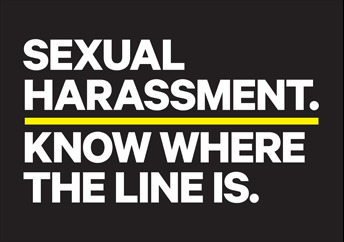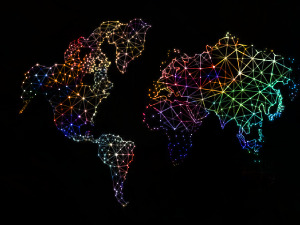An inclusive society is a society that over-rides differences of race, gender, class,
generation, and geography, and ensures inclusion, equality of opportunity as well as
capability of all members of the society to determine an agreed set of social institutions
that govern social interaction. (Expert Group Meeting on Promoting Social Integration,
Helsinki, July 2008)
The World Summit for Social Development (Copenhagen 1995) defines an inclusive society as a “society for all in which every individual, each with rights and responsibilities, has an active role to play”. Such an inclusive society must be based on respect for all human rights and Fundamental freedoms, cultural and religious diversity, social justice10 and the special needs of vulnerable and disadvantaged groups, democratic participation and the rule of law. It is promoted by social policies that seek to reduce inequality and create flexible and tolerant societies that embrace all people.
There are different views in terms of how a socially inclusive society functions. “Integration in all its forms may simply imply the existence of a stable community in which people can find a niche.” (Taylor, 2007:3). This simple expression touches the heart of the definition of social integration and social inclusion, which is: difference among members of society is acceptable. Social integration or social inclusion does not mean a uniformity of people but a society which has room for diversity and still fosters engagement. To achieve social integration and social inclusion, voices of people and their needs and concerns, need to be heard. Not only some but all members of society with different backgrounds must have a say and a stake in their shared society. This inclusiveness of society creates and maintains stability as well as a readiness to embrace change when necessary.
In order to further our understanding of the concept of social integration and social inclusion, we will begin by taking a closer look at what determines or represents an inclusive society, and why it is important to build such a society. In very basic terms, “International human rights law requires governments to respect individuals’ civil and political rights – such as their rights to free speech, fair trial, and political participation – and to promote their economic, social and cultural rights – such as their rights to health care and education.”11 In an inclusive society, members not only have the right to education or the right to political participation but actually take part in the process, using the right to education and having a vote that actually counts in a political process. What is most significant in creating an inclusive society is the engagement of the individual in the process by which society is managed, ordered and represented.














